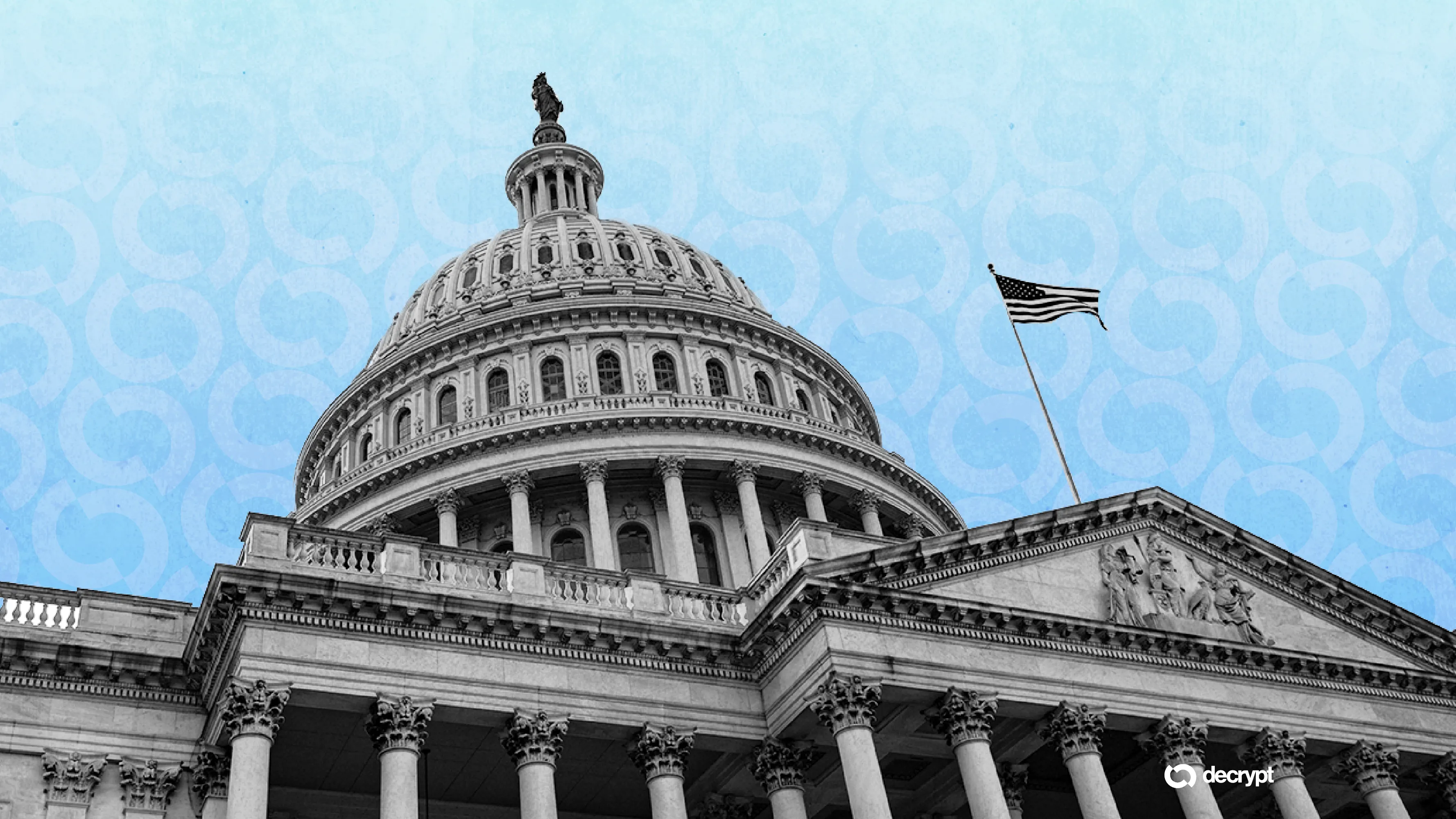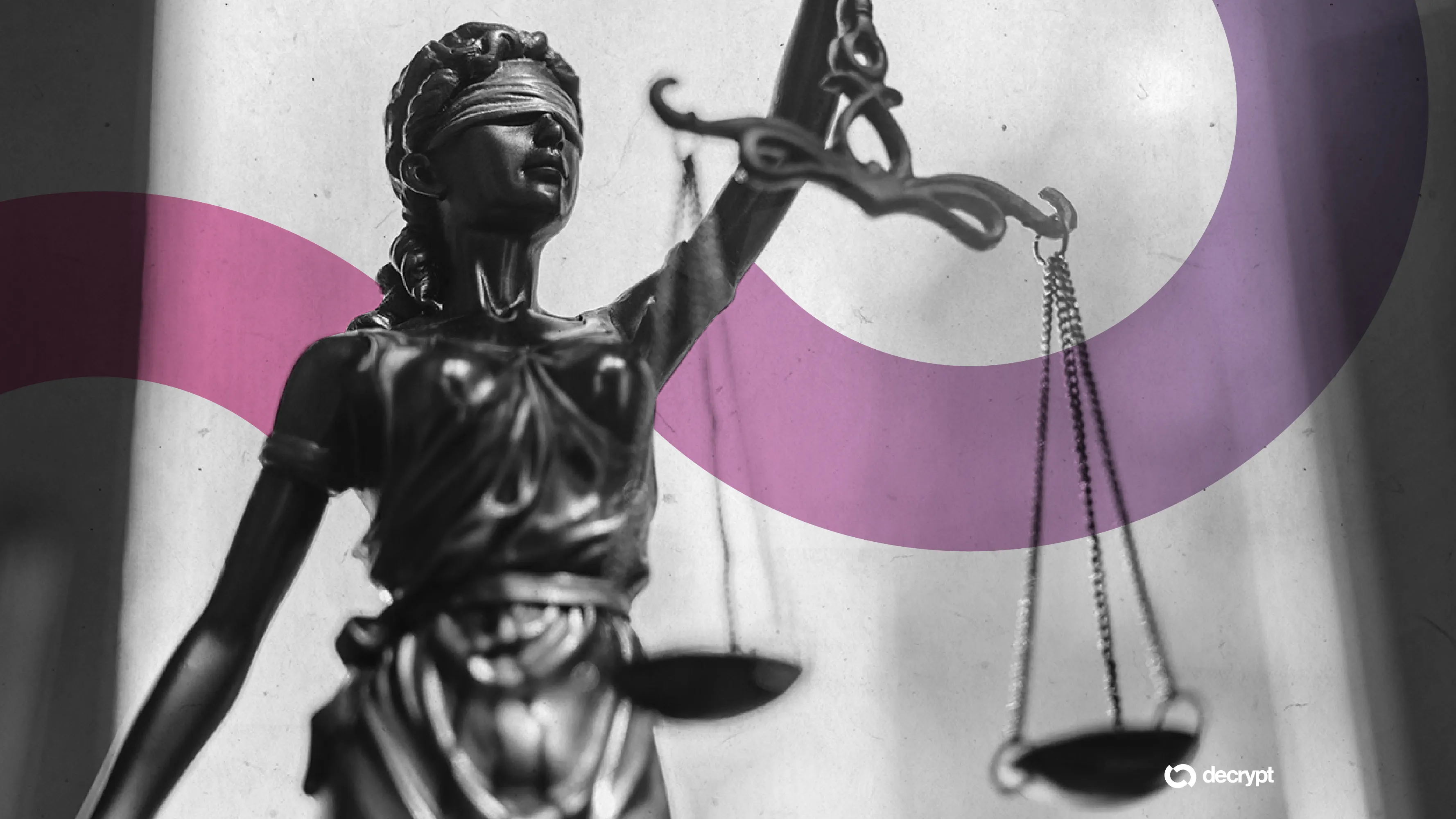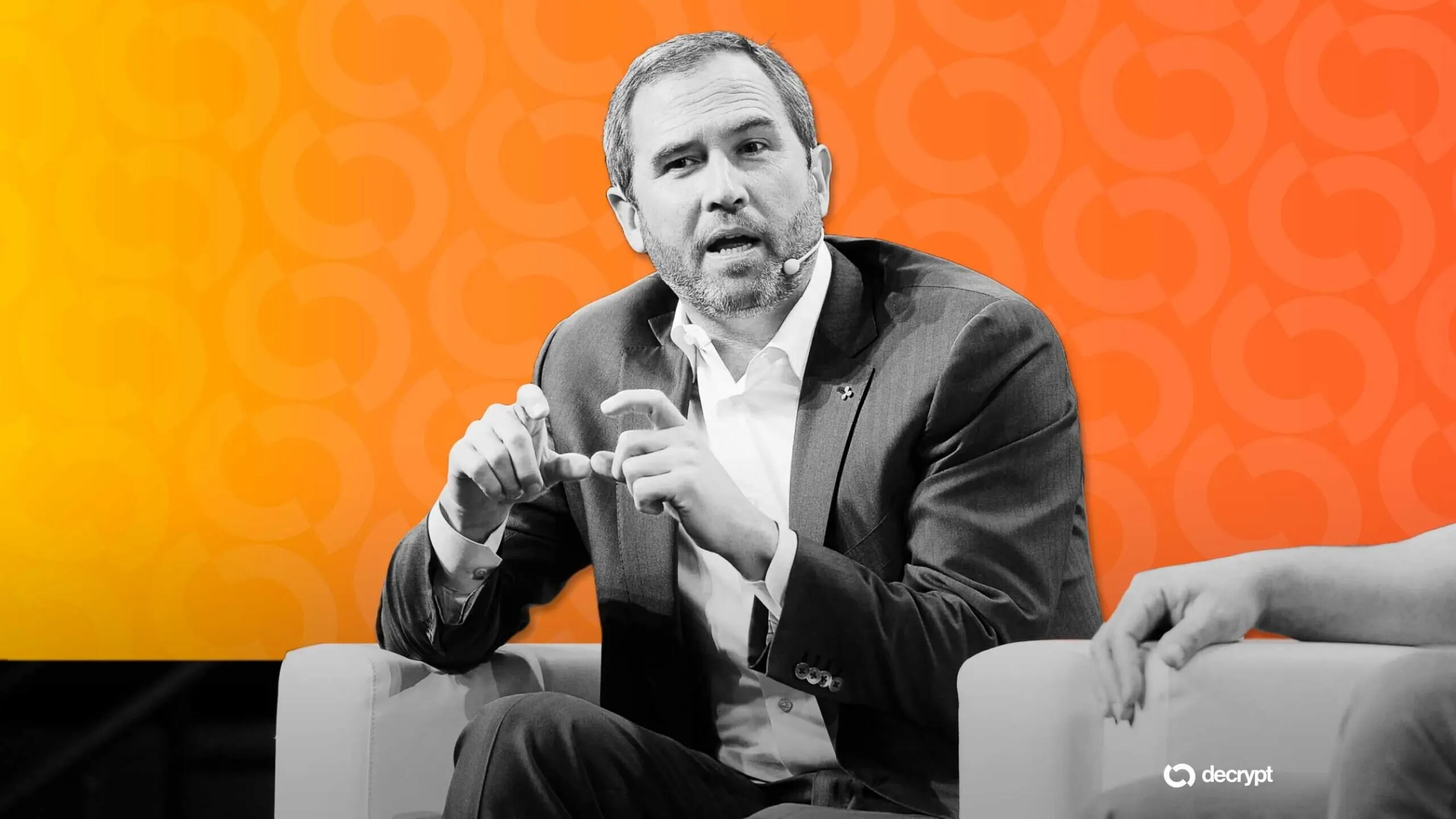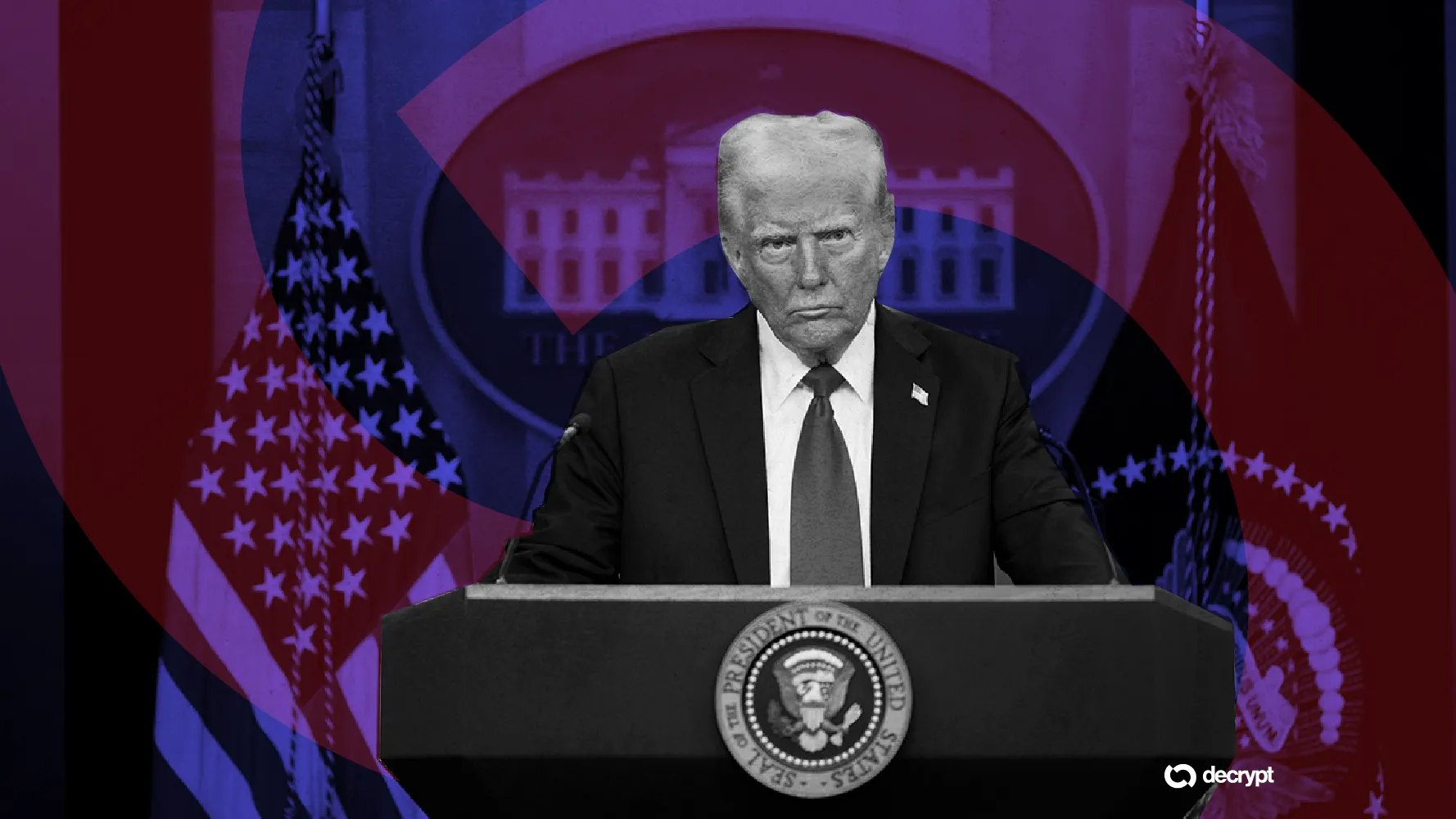In brief
- Senate Republicans on the Banking Committee have outlined principles for market structure legislation.
- The principles emphasise clarity around regulation, promoting innovation and consumer protection.
- It comes as Democrats attempt to prevent the Trump family's extensive crypto investments.
The Senate Banking Committee on Tuesday released a new set of principles aimed at guiding the development of comprehensive crypto market legislation.
“As Congress considers a regulatory framework for digital assets, our top priority must be providing legal clarity and certainty without stifling innovation,” Senator Thom Tillis (R-NC) said. “These principles strike the right balance by protecting consumers, promoting innovation, and clearly defining the roles of regulators.”
Those principles, spearheaded by Senate Banking Chairman Tim Scott (R-SC), Subcommittee on Digital Assets Chair Cynthia Lummis (R-WY), and Senators Tillis and Bill Hagerty (R-TN), emphasize clearly defining the legal status of digital assets, delineating regulatory jurisdiction, and modernizing oversight to support responsible innovation.
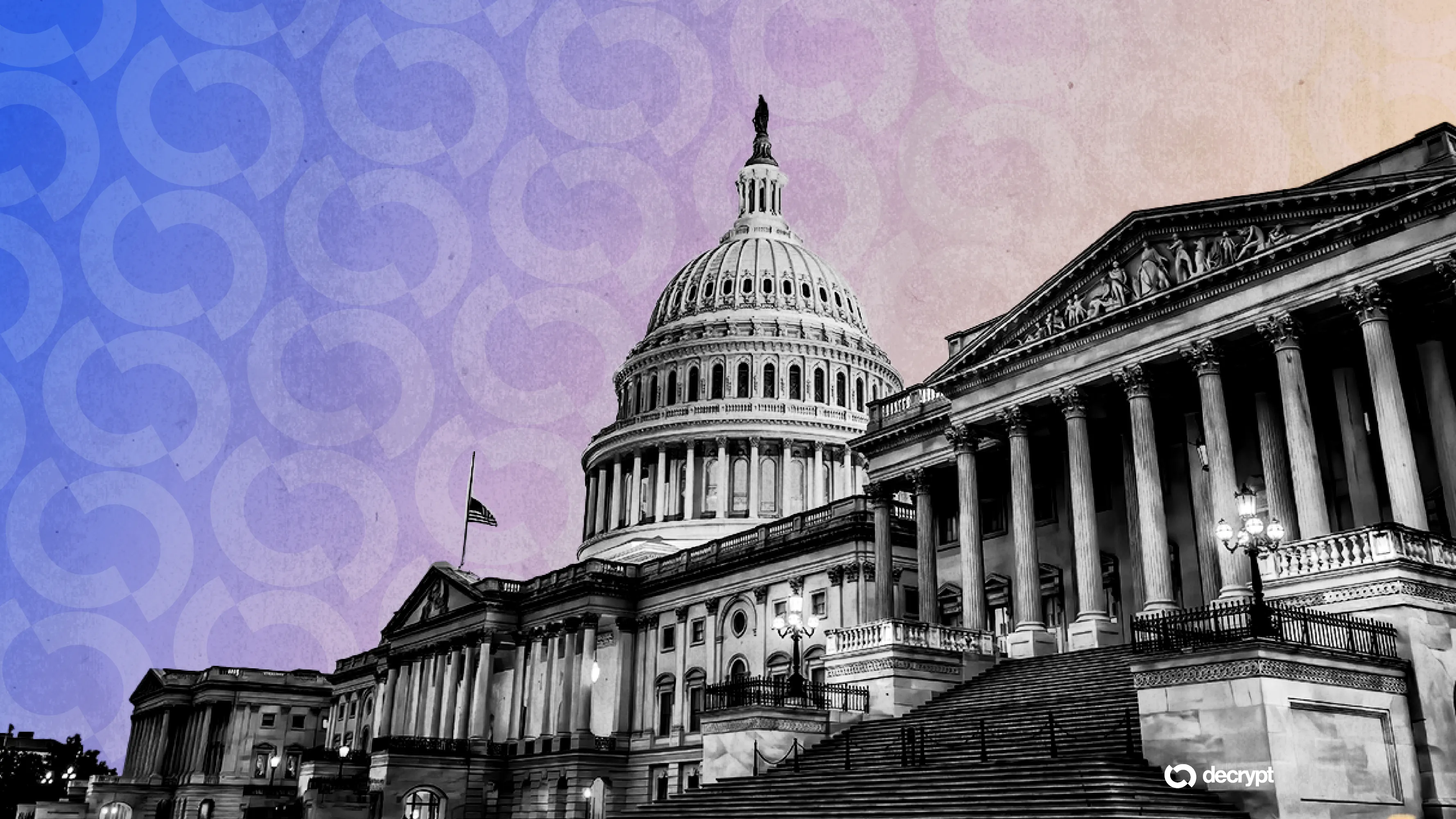
CLARITY Act Clears Two House Committees, Heads to House Floor for Vote
The Digital Asset Market Clarity Act, a bill aiming to reshape crypto regulation in the U.S., has passed through two key House committees and is now headed for a full floor vote. The House Committee on Financial Services voted 32-19 on Wednesday to advance H.R. 3633, following a bipartisan 47-6 vote in the House Agriculture Committee, which also oversees commodity markets and digital assets, on Tuesday. "Blockchain technology and digital assets are reshaping the future of American finance,” Hou...
They also call for narrowly tailored anti-money laundering measures and a commitment from regulators to embrace technological development.
Senator Lummis noted in a hearing after the guidelines were announced that they are designed to make discussions on digital asset market structure more productive than those around stablecoins.
“America desperately needs digital asset legislation that promotes responsible innovation and protects consumers,” she said in a statement. “While the European Union and Singapore have established clear regulations, the U.S. continues to sit on the sidelines.”
The release of these principles came ahead of a subcommittee hearing the same day featuring testimony from Coinbase, Multicoin Capital, and others on bipartisan legislative proposals.
It also follows recent momentum behind the Digital Asset Market Clarity Act, which would remove the SEC's oversight of the crypto industry in favor of the Commodity Futures Trading Commission. That passed two House committees on June 11 and is now expected to face a full vote.
Meanwhile, crypto-related policymaking continues across the federal government. On Monday, U.S. Federal Housing Finance Agency director Bill Pulte said the agency would examine how crypto holdings might factor into mortgage applications.
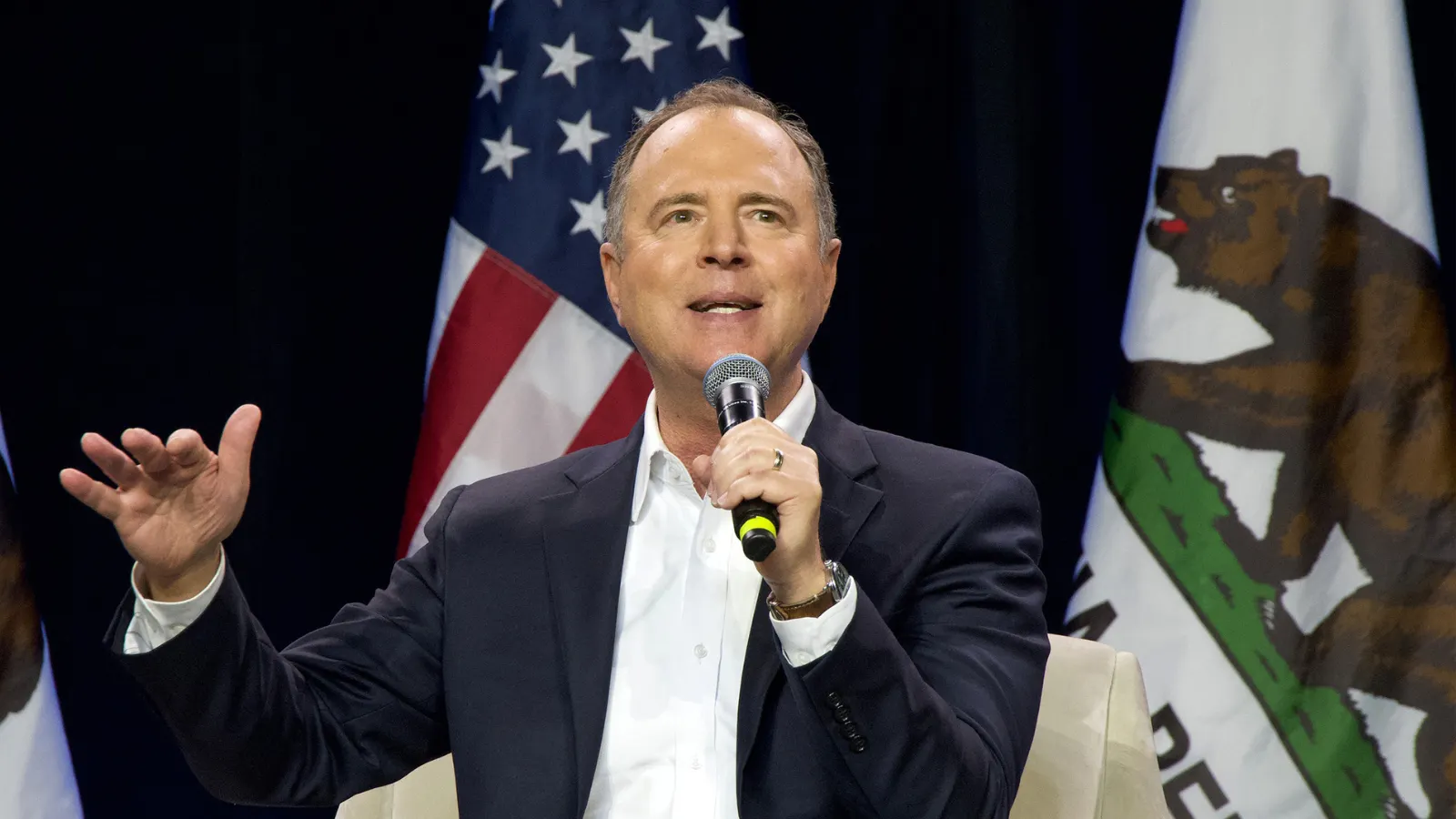
Senator Introduces Bill to Halt Trump’s Crypto Activity—But Voted to Allow It Last Week
On Monday, Sen. Adam Schiff (D-CA) became the latest Democrat to introduce legislation to ban the president and his family from profiting off crypto while in office—but just last week, Schiff helped pass legislation that would allow the Trumps to do just that. The Curbing Officials’ Income and Nondisclosure (COIN) Act, introduced in the Senate by Schiff today, would explicitly ban the president, the vice president, and their immediate family members from issuing, sponsoring, or endorsing any cry...
Pulte, a crypto supporter since 2019 and recent Trump appointee, disclosed significant digital asset holdings earlier this year.
The promotion of crypto in government by those with significant crypto holdings, however, has raised alarms, particularly when it comes to the president himself.
On Monday, Sen. Adam Schiff (D-Calif.) introduced the COIN Act, which would bar the president and immediate family members from profiting from digital assets while in office.
Schiff’s bill comes days after bipartisan passage of the Trump-backed GENIUS Act, which critics argue could enable such profits under a regulatory veneer. Oddly enough, Schiff voted in favor of the GENIUS Act.
Edited by Sebastian Sinclair

